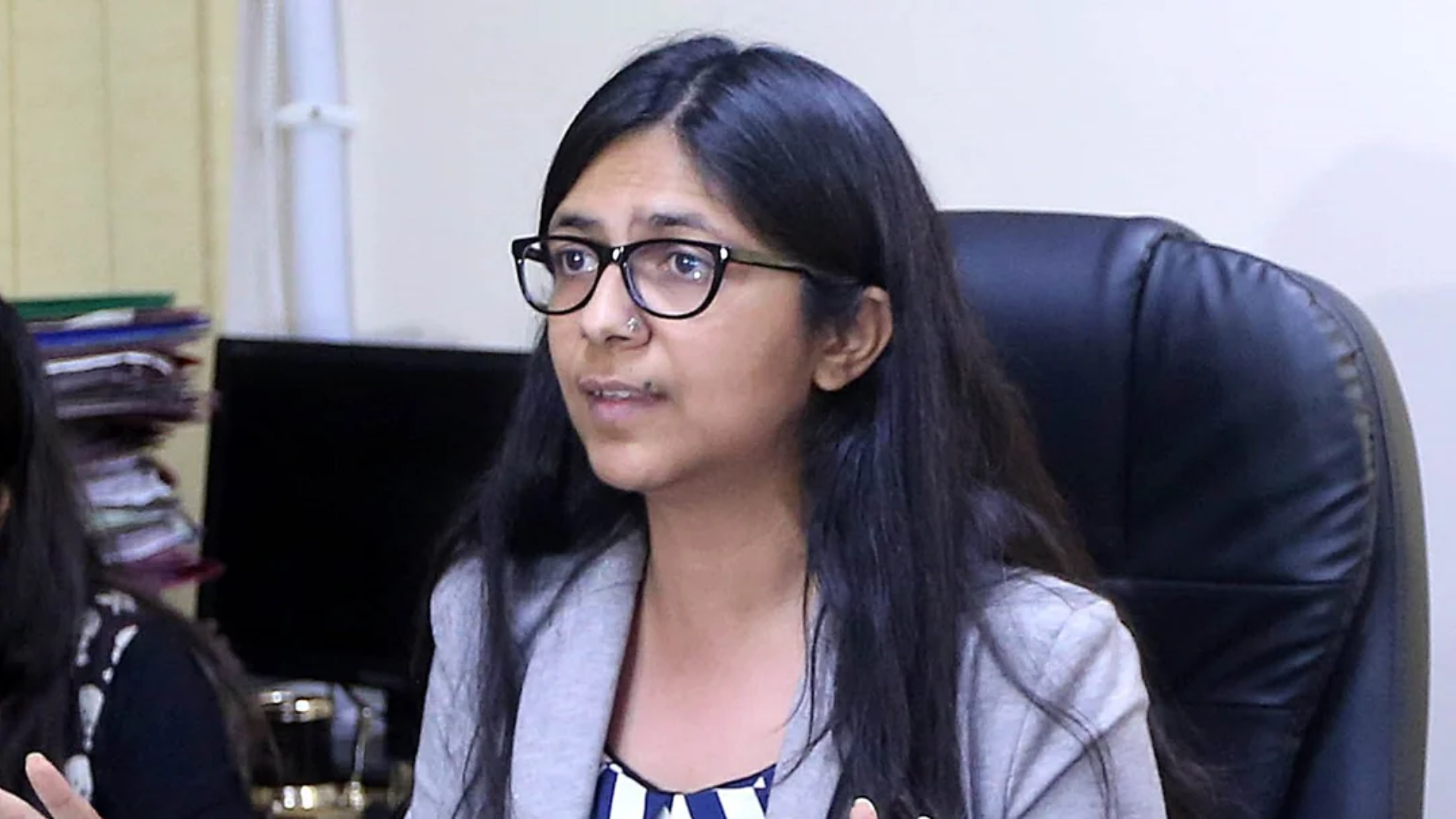In a recent development surrounding the case of alleged assault on AAP Rajya Sabha MP Swati Maliwal, Bibhav Kumar, an aide to Chief Minister Arvind Kejriwal, faced a setback as his bail plea was dismissed by the court. Kumar, who was sent to 14 days of judicial custody last Friday, finds himself entangled in a legal web as the case progresses.
The court, presided over by Special Judge Ekta Gauba Mann, cited the gravity and seriousness of the charges against Kumar as the reason for denying bail. It expressed concerns over potential witness tampering and the safety of the victim, Maliwal, and her family. The decision underscored the need for a thorough investigation into the matter, emphasizing that the allegations against Kumar were weighty and demanded careful scrutiny.
The incident, which allegedly took place on May 13 at the Chief Minister’s official residence, implicates Kumar in misbehaving with a woman member of the Aam Aadmi Party (AAP). The court highlighted the impact of such actions on public trust and the fear it instills in the minds of individuals seeking access to their political leaders. The absence of maintained records of visitors meeting Kejriwal further complicates the matter, raising questions about transparency and accountability in official dealings.
Kumar’s legal counsel argued for his release, citing the elapsed time since his arrest and questioning his influence, considering his position as a personal secretary. However, the court remained unconvinced, emphasizing the need for continued custodial interrogation given the serious nature of the allegations.
Maliwal’s ordeal didn’t end with lodging the complaint; she alleged ostracization by the Aam Aadmi Party and character assassination by some party members. These claims underscore the broader implications of the case, touching upon issues of internal dynamics within political organizations and the challenges faced by whistleblowers.
Additional Public Prosecutor Atul Srivastava highlighted Kumar’s perceived influence and the lack of transparency in the functioning of the Chief Minister’s office. The revelation that no formal register was maintained for visitors meeting Kejriwal raises concerns about accountability and access to public officials.
READ MORE : Can Incarcerated Leaders Amritpal Singh And Engineer Rashid Fulfill Their Roles As MPs Following Lok Sabha Wins?
This isn’t Kumar’s first brush with legal proceedings in this matter. His previous bail plea was dismissed by another sessions court, which deemed Maliwal’s allegations credible and underscored the absence of premeditation in lodging the FIR.
Bibhav Kumar’s arrest on May 18 marked the beginning of a legal journey that saw him transition from police custody to judicial custody amidst mounting evidence and legal scrutiny. The FIR registered against him on May 16 encompasses serious charges under various sections of the Indian Penal Code, reflecting the severity of the allegations against him.
As legal proceedings unfold, the case serves as a sobering reminder of the complexities surrounding allegations of assault and the challenges of seeking justice within political frameworks. The denial of bail to Kumar underscores the court’s commitment to upholding the integrity of the legal process and ensuring a thorough investigation into the matter.
In the pursuit of justice, the voices of victims like Swati Maliwal resonate, demanding accountability and transparency in the face of adversity. As the case progresses, it remains a focal point in the broader discourse on accountability, transparency, and justice within political spheres.



















